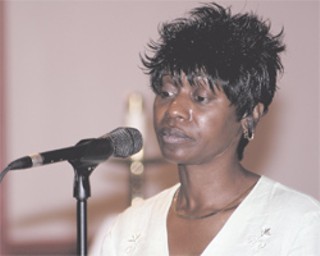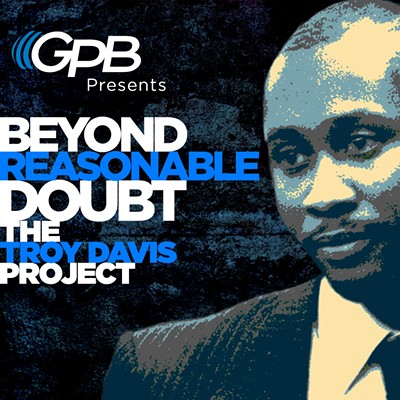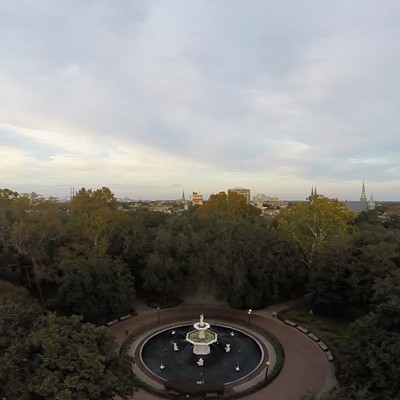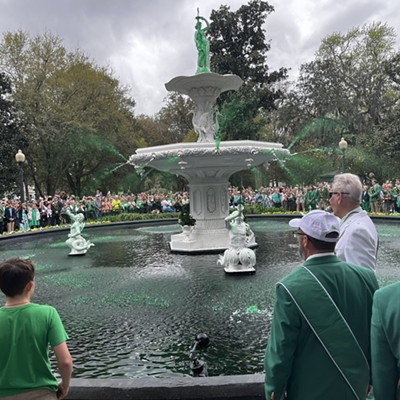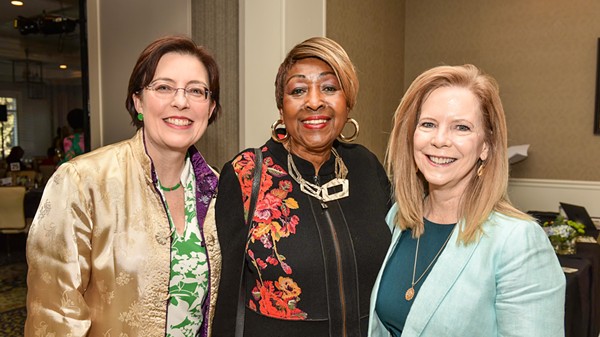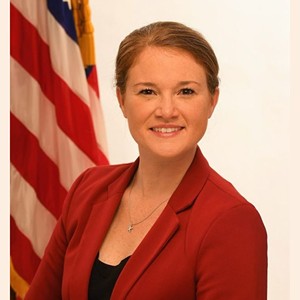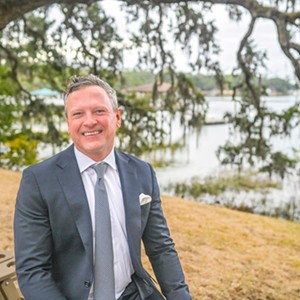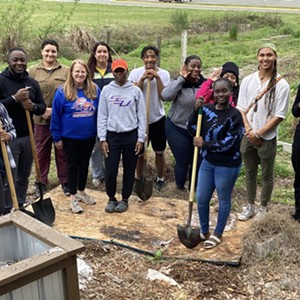Twice last Saturday, Jennifer Thompson-Cannino described being raped at knifepoint in her North Carolina apartment in 1984. Twice, in talks at two Savannah churches, she recalled that night 23 years ago—willing herself during the attack to look at her rapist and memorize details of his face.
Twice she described choosing Ronald Cotton Jr. in suspect line ups.
Thompson-Cannino described her celebration of Cotton’s conviction, toasting with champagne: “It was a wonderful day.”
She related her daily prayers for nearly eleven years: “Please God, let Ronald Cotton die today. Before he dies, let him be raped so that he knows what I went through.”
And twice on Saturday, in front of rapt audiences in Savannah, Thompson-Cannino described how, in 1995, DNA testing that was unavailable in 1984 proved that Cotton was not the man who raped her.
He was not the man that she had prayed would die. Cotton was innocent and another man was her attacker.
Since 1997 Thompson-Cannino and Cotton have been reconciled. They are affectionate friends, working together to educate others on the fallibility of single eyewitness testimony and the larger arena of advocating against the death penalty.
She was in Savannah last weekend as one of two featured speakers at two gatherings August 4 supporting exoneration of Troy Anthony Davis, currently on Georgia’s death row, convicted of the 1989 murder of off-duty Savannah police officer Mark McPhail.
Gary Drinkard, a former Alabama death row inmate exonerated in 2001, was the other featured speaker at both events, held at two Savannah churches. The day was organized by Martina Correia, the older sister of Davis. Correia leads the “Save Troy Anthony Davis Campaign” with involvement by the NAACP, the Diocese of Savannah, Amnesty International, students at Savannah State University, family members and others.
For sixteen years, Correia has led the effort to release her brother, whom she believes is innocent of the McPhail murder. On July 16, Correia’s efforts began to pay off when the State Board of Pardons and Paroles granted Davis an eleventh-hour stay of execution up to 90 days. Their hearing was scheduled for August 9. Last Friday, the Georgia Supreme Court agreed to hear Davis’ appeal in November.
“I asked God to move the mountain and he is gradually moving it,” said Correia at Saturday’s afternoon assembly.
In some ways the events were another chapter in Savannah’s tale of two cities, one black, the other white. At the afternoon rally, held at Second St. John Missionary Baptist Church in west Savannah, all but six people present were African American. The audience at the nighttime rally at the Cathedral of St. John the Baptist was two-thirds white. Both events drew 50 to 60 people.
Troy Davis’ mother and other relatives attended both events. Most people wore large round campaign-style buttons printed with Troy Davis’ face in the center and the word “exonerate” around the edge.
Each of Saturday’s events opened with prayer. In west Savannah, Pastor Michael L. Lewis’ resonant voice boomed from his pulpit while the church organ trilled softly in emphasis. By contrast, the downtown event opened with an intense prayer by Sister Jackie of the Diocese of Savannah, that echoed through the ground floor sanctuary.
“I am here because I don’t think Troy Davis has had his fair day in court,” said State Representative Al Williams (D-Midway), chairman of the Legislative Black Caucus for Georgia, in brief introductory comments at the west Savannah event.
“I am philosophically and religiously opposed to the death penalty,” said Williams. “The justice that Dr. King, the justice that Jesus Christ died for must still be alive.”
“My story is similar to Troy’s,” said Drinkard at the start of his comments. There was no physical evidence and inconsistent eyewitness testimony in his trial in 1995 for the murder of a Decatur, Ala., junk dealer.
Saturday’s event was Drinkard’s third time speaking formally about his experience on death row. He is a member of “Witness to Innocence” a national group of exonerees. Drinkard’s presentation lacks the polish of Thompson-Cannino’s talk.
His understated recitation of events was peppered with moments of insight about what happened to him. He seems to hold little bitterness over his ordeal, including his ex-wife who divorced him during his incarceration.
Drinkard is less charitable toward his half sister, whose testimony against him in exchange for leniency on unrelated charges she faced formed the basis of his conviction. He has not seen her since his release.
“If I hadn’t been blessed they would have killed me,” he says. Drinkard’s blessing came in the form of the Southern Center for Human Rights, who took interest and won him a new trial, at which he was acquitted.
After Drinkard spoke at West Savannah, Pastor Lewis’ wife, identified only as “Mrs. Lewis” sang “Oh, How I Love Jesus.” One by one, people stood, singing to the refrain, raising their hands skyward in praise, swaying and clapping, including Rep. Williams.
“I usually speak to groups of uptight white people. You guys are so joyful,” said Thompson-Cannino.
Drinkard and Thompson-Cannino are a study in contrasts. Drinkard, tall and lanky, wearing jeans and a short sleeved shirt, looked the part of a working class middle aged guy who’s had a rough life. Before and after both events he stood alone, chain smoking.
Drinkard towers over Thompson-Cannino, a five-foot-one stylish conservatively dressed blonde. Now a married mother of triplet teens, it’s easy to imagine her as the 4.0 GPA college senior, engaged to a dental student at the time of her rape.
Thompson-Cannino mingled with attendees before and after her talks, easily responding to questions. Her presentation is fine tuned from years of activism, speaking to groups of attorneys and judicial advocates.
In her remarks, Thompson-Cannino was candid about the feedback she received from friends after learning that Cotton was innocent.
“He probably did something else that he didn’t get caught for,” they told her. “He got three meals a day and cable TV in prison. He might be dead by now on the streets anyway, you probably kept him alive.”
She tried to buy into those arguments but couldn’t. “Why would anyone trade eleven years of their life for three meals a day?”
Between speakers at both events, Correia shared information on Troy’s case and on death penalty cases generally, staying on message: There is no physical evidence. Seven of nine prosecution witnesses have recanted. Recanted testimony has not been heard.
“You don’t have to be anti-death penalty to support Troy Davis,” said Correia, presenting an editorial supporting Davis’ exoneration from death penalty advocate and former FBI director William Sessions.
“It is not us against them,” said Correia of the McPhail family. “Justice for Troy is justice for Officer McPhail.”
In a rare lighter-hearted moment at the evening assembly, Martina praised the involvement of the Catholic diocese.
“It was good when the sisters came out because we wouldn’t get flipped the bird as much. But that didn’t last too long.” 
To comment e-mail us at [email protected]

